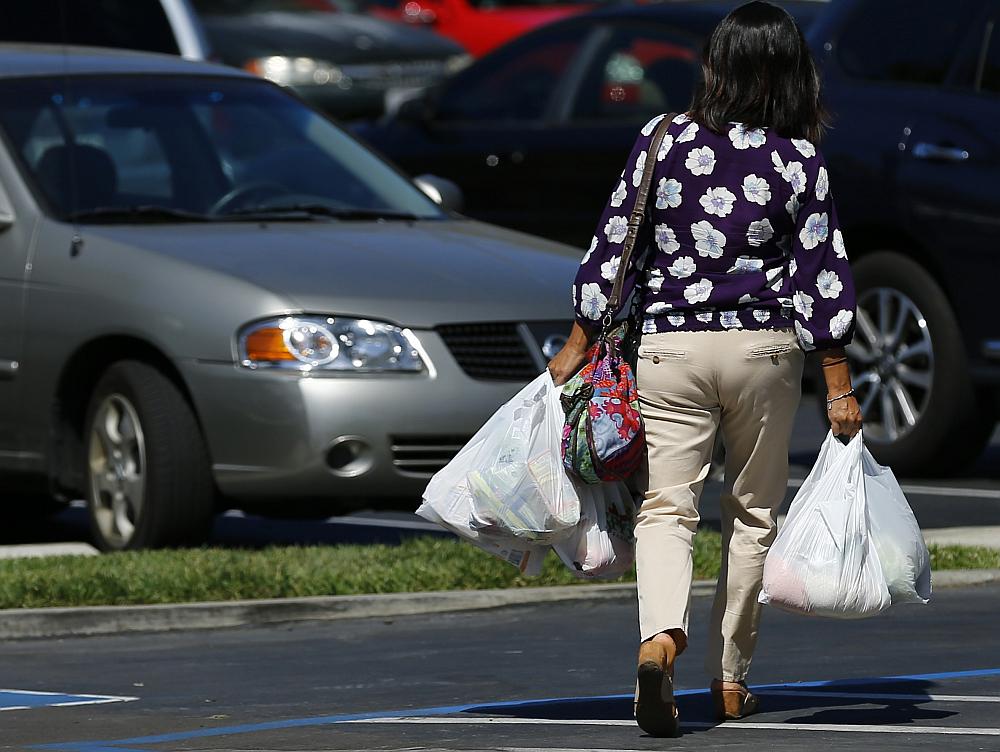
All around the world the 3rd of July is international Plastic Bag Free Day. Plastic bags are considered as one of the biggest pollutants of our planet. In April this year the European Parliament adopted new regulation aimed to restrict the use of plastic bags. The parliament proposed two measures – gradually reducing the use of plastic bags or banning the free distribution of plastic bags.
What is Slovenia's attitude to plastic bags?
The Ecologists Without Borders NGO conducted a small survey last year in four large supermarkets in Ljubljana (the survey included food, textile and cosmetics stores). The NGO observed the attitude of buyers and sellers to the use of disposable plastic bags.
"The results of our survey were interesting. In shops where they don't give out free plastic bags buyers bring their own shopping bags and are more aware of the issue than when they go to shops where you do get free bags. At the same time buyers take the thin plastic bags for fruit, vegetables and meat with great pleasure. And that's the biggest problem when it comes to plastic bags, as well as their use in self service and fast lane cash registers, where they're quite visible and freely distributed," is what the ecologists discovered in their survey.
150 plastic bags per year
According to the Ecologists Without Borders the average grown-up Slovene uses between 130 and 150 plastic bags per year. After their use, which is normally not longer than 30 minutes, they mostly end up in the mixed solid waste containers, which is where they don't belong as they can be recycled (currently only around 4% of plastic bags are recycled). It takes plastic bags up to 1.000 years to decompose, which is why they present a threat to nature and to the health of humans and animals.
G. C.

































































